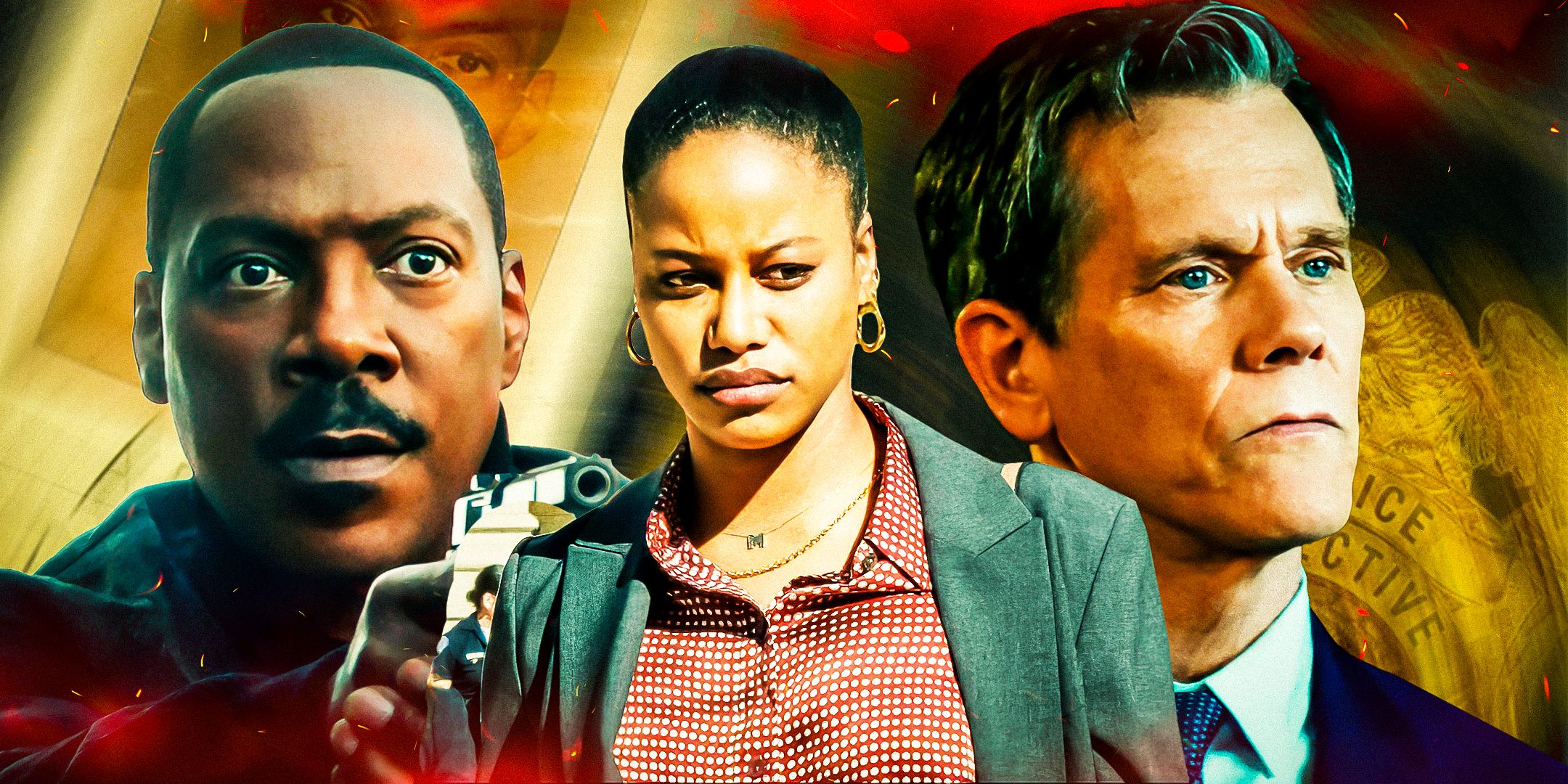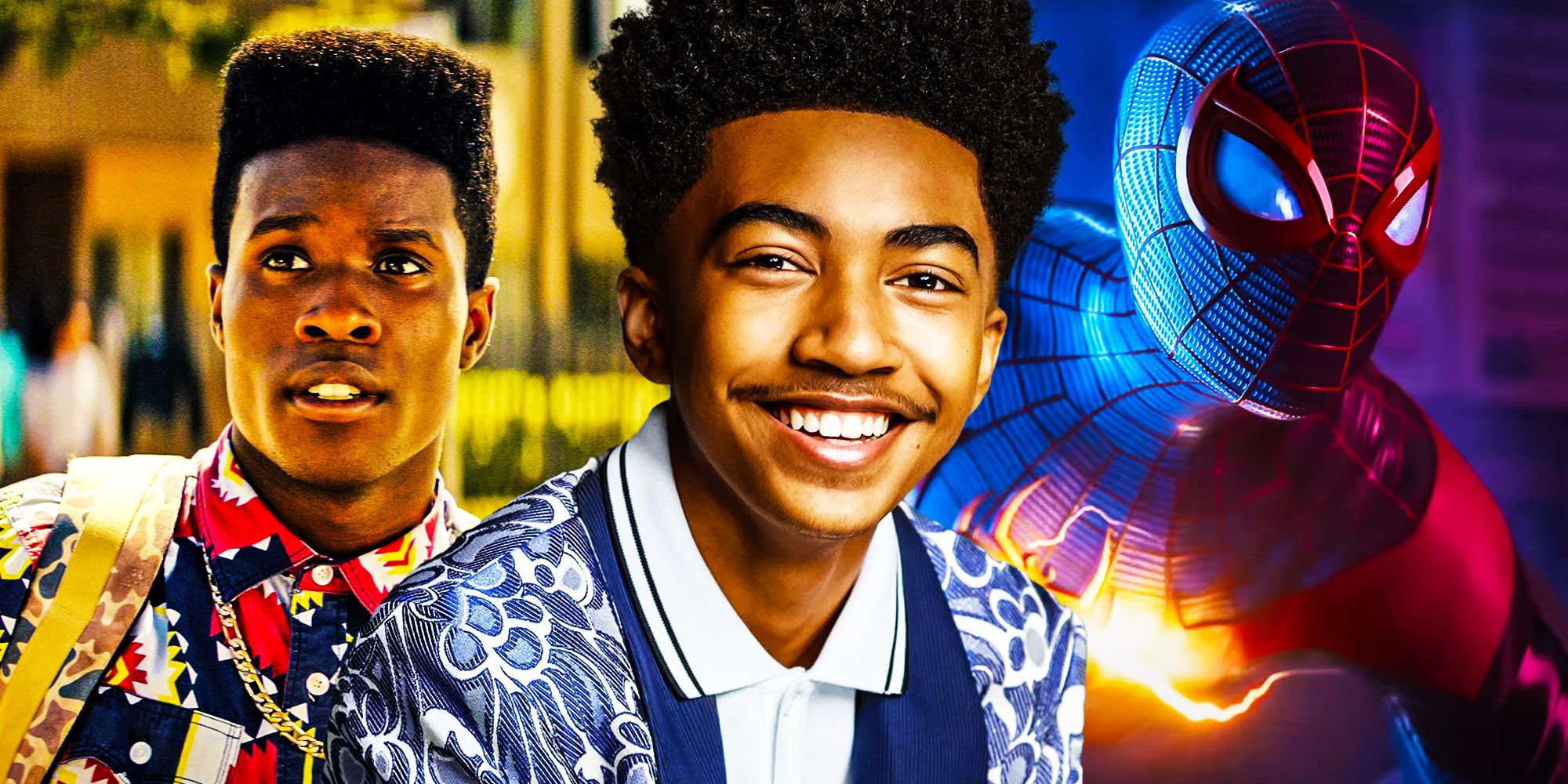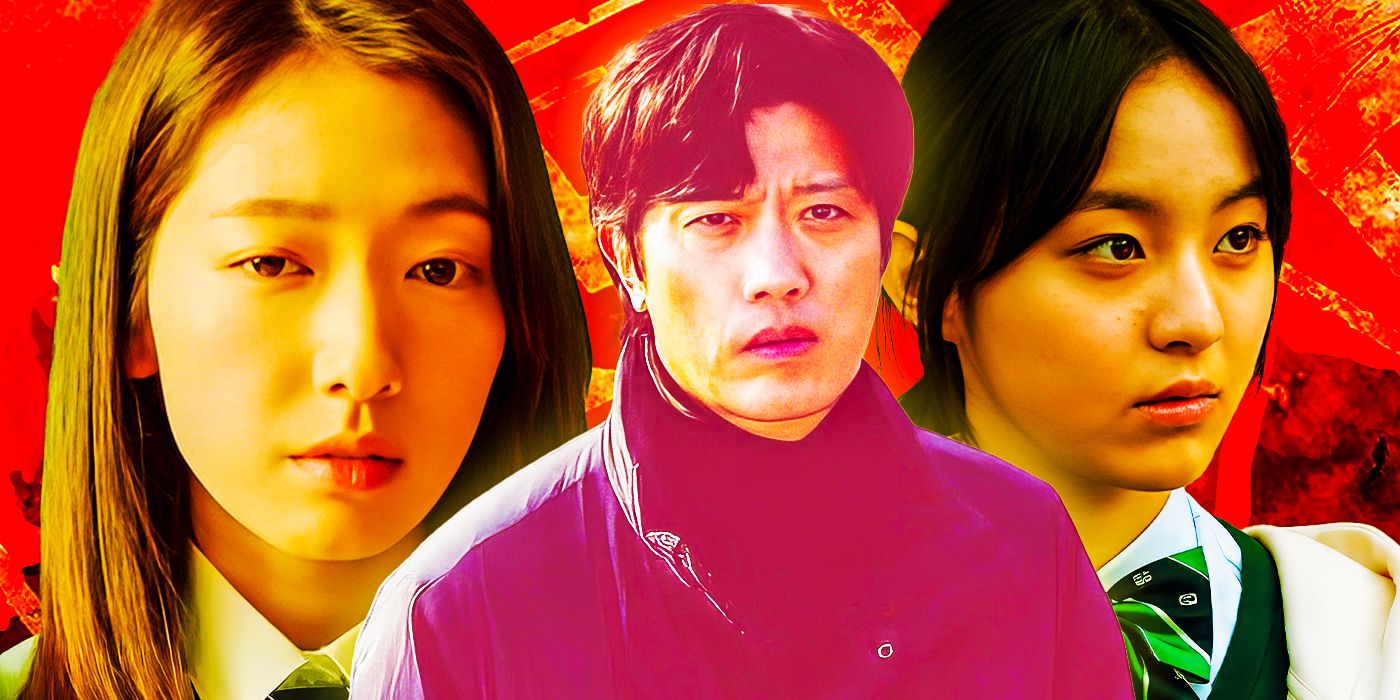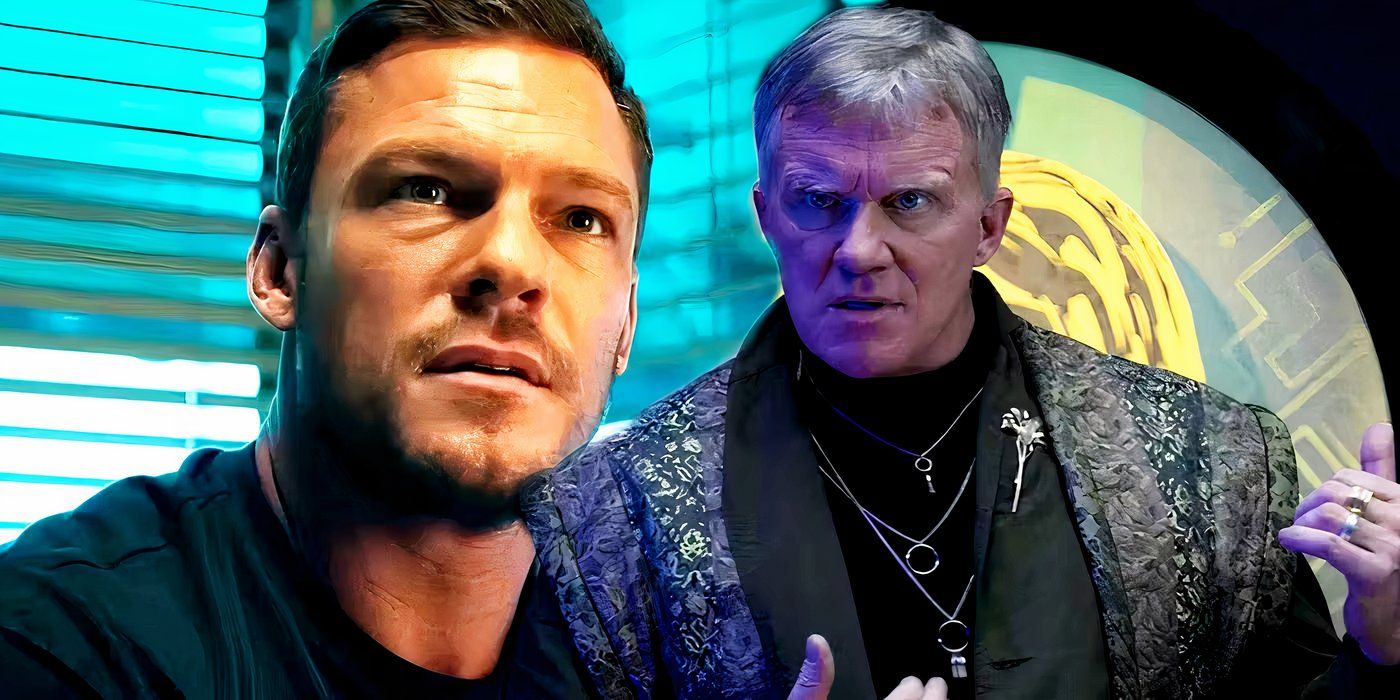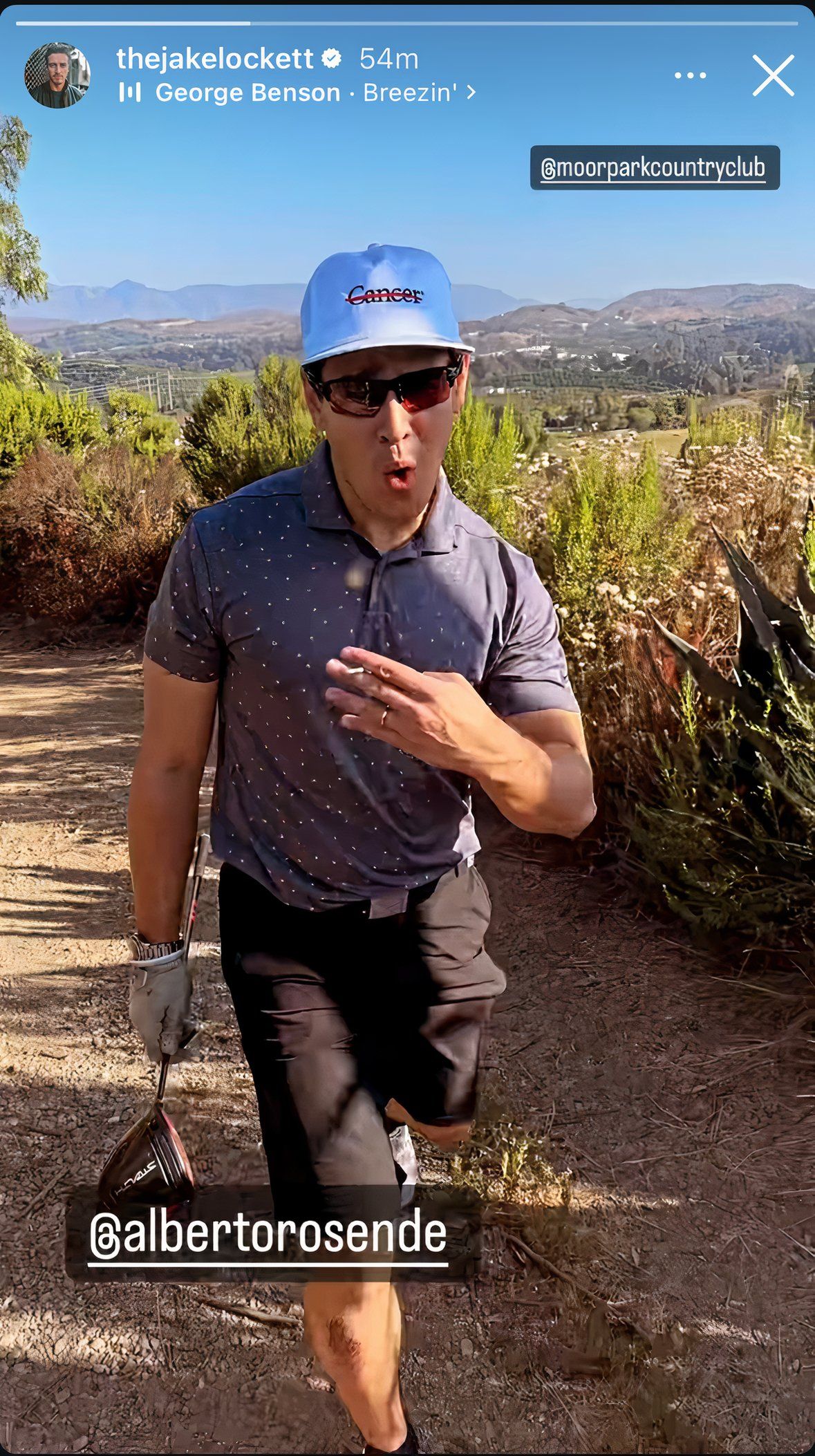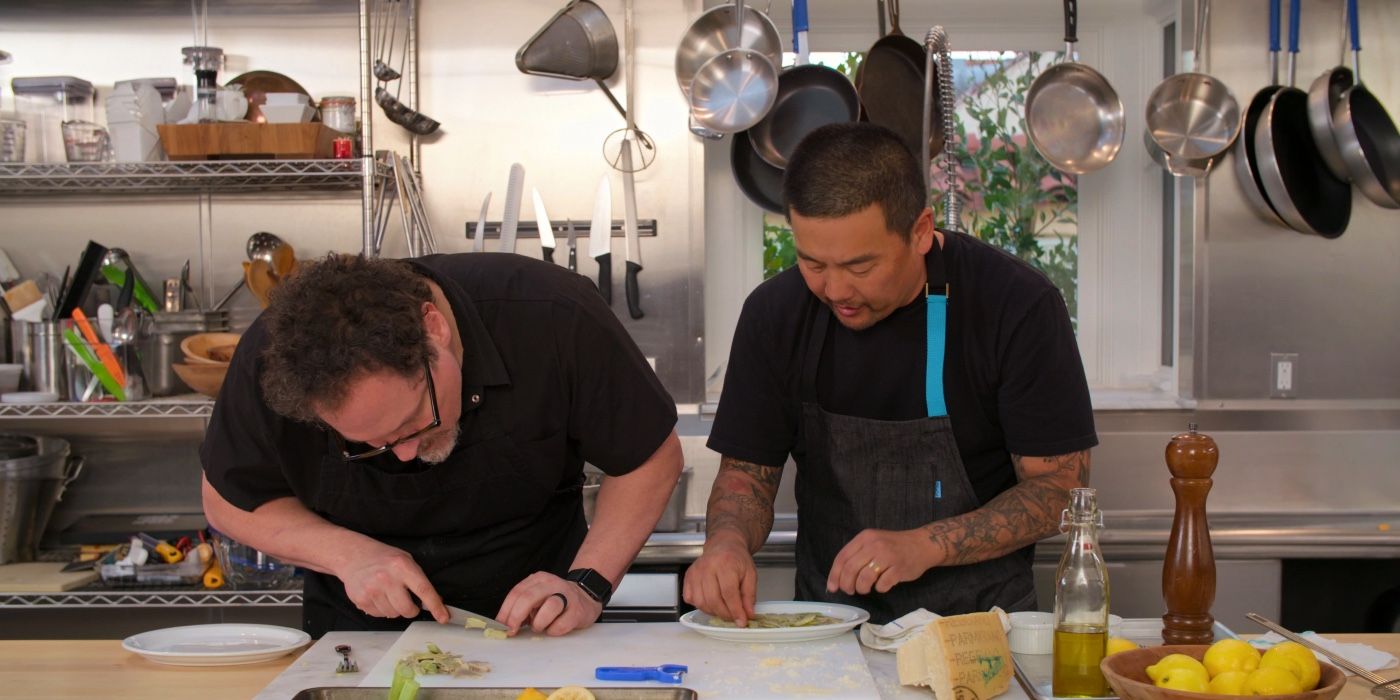Martin Scorsese is one of the most legendary filmmakers of all time. He’s been regularly turning out masterpieces for decades. From Mean Streets to Taxi Driver to Raging Bull to Goodfellas, many of Scorsese’s films have been ranked among the greatest movies ever made.
The true test of a film’s success is whether it still holds up a few years down the line. Scorsese-helmed masterworks like Shutter Island, The King of Comedy, and The Wolf of Wall Street can be enjoyed over and over again.
Mean Streets (1973)
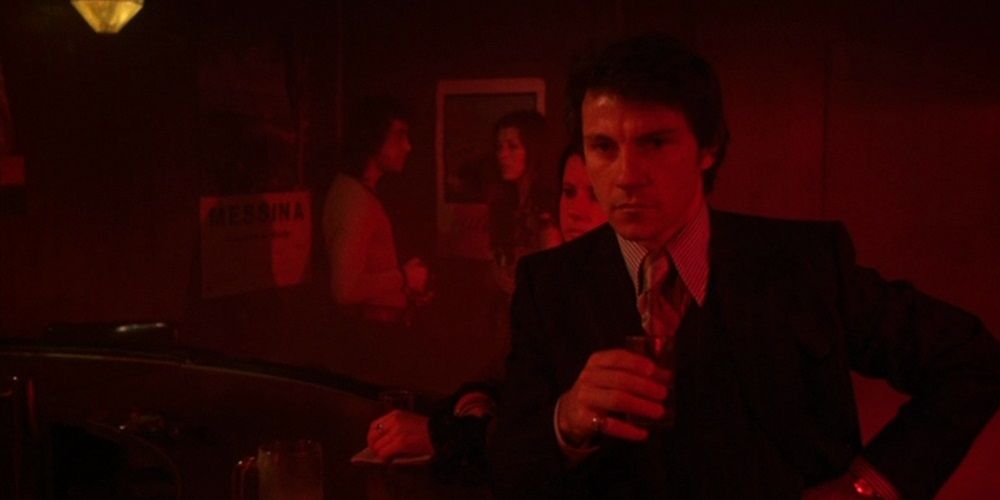
Scorsese emerged as one of New Hollywood’s most promising auteurs with his deeply personal crime thriller Mean Streets in 1973. The movie’s vignette-driven storytelling offers an authentic snapshot of Italian-American life in Little Italy.
Mean Streets established Scorsese’s character-driven style. It’s a two-hander starring Harvey Keitel as a level-headed mafioso dealing with Catholic-related guilt and Robert De Niro as the reckless younger friend he constantly has to cover for. There’s no dull exposition or perfunctory plot points to get through in Mean Streets; it’s just an in-depth examination of a strained friendship.
The Wolf Of Wall Street (2013)
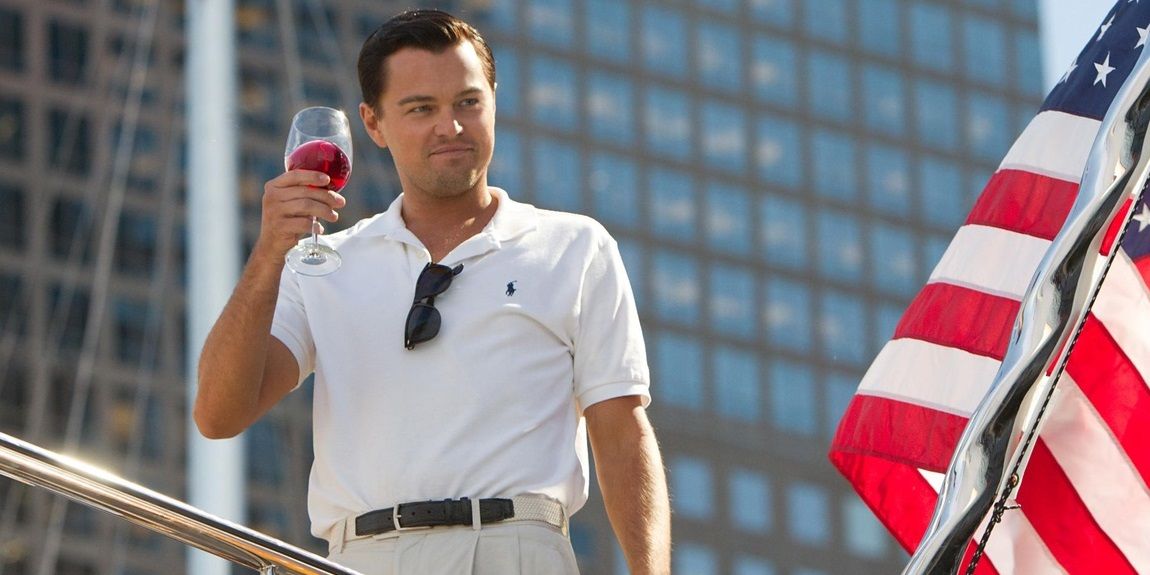
There aren’t a lot of three-hour movies that can be watched on repeat and never get boring, but The Wolf of Wall Street is one of them. Scorsese put everything but the kitchen sink in his darkly comedic biopic of unscrupulous stockbroker Jordan Belfort.
Pitched somewhere between biting satire and questionable glorification, The Wolf of Wall Street has been dubbed “Goodfellas meets The Hangover.” It’s a complex crime saga, but it’s also a raunchy, laugh-out-loud, hard-R comedy.
Cape Fear (1991)
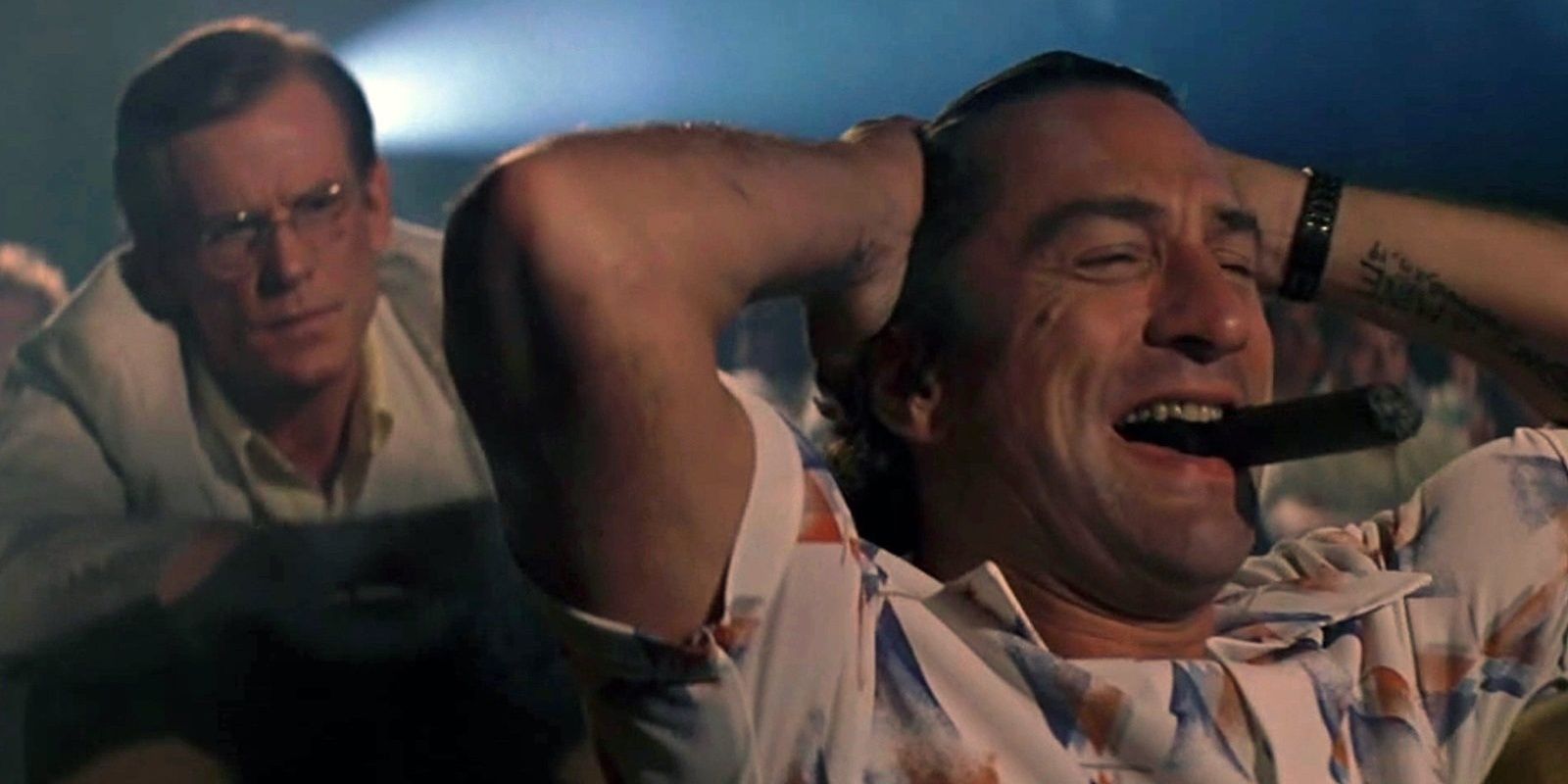
Scorsese’s remake of Cape Fear is one of his few straightforward genre movies. De Niro stars as a recently paroled psychopath who begins stalking the family of the attorney who put him behind bars.
In his retelling of the J. Lee Thompson original, Scorsese leans heavily into the Hitchcockian elements. The no-nonsense storytelling makes the movie endlessly rewatchable. Scorsese sets up the premise in a jiff, then wastes no time bringing on the creeps.
The King Of Comedy (1982)
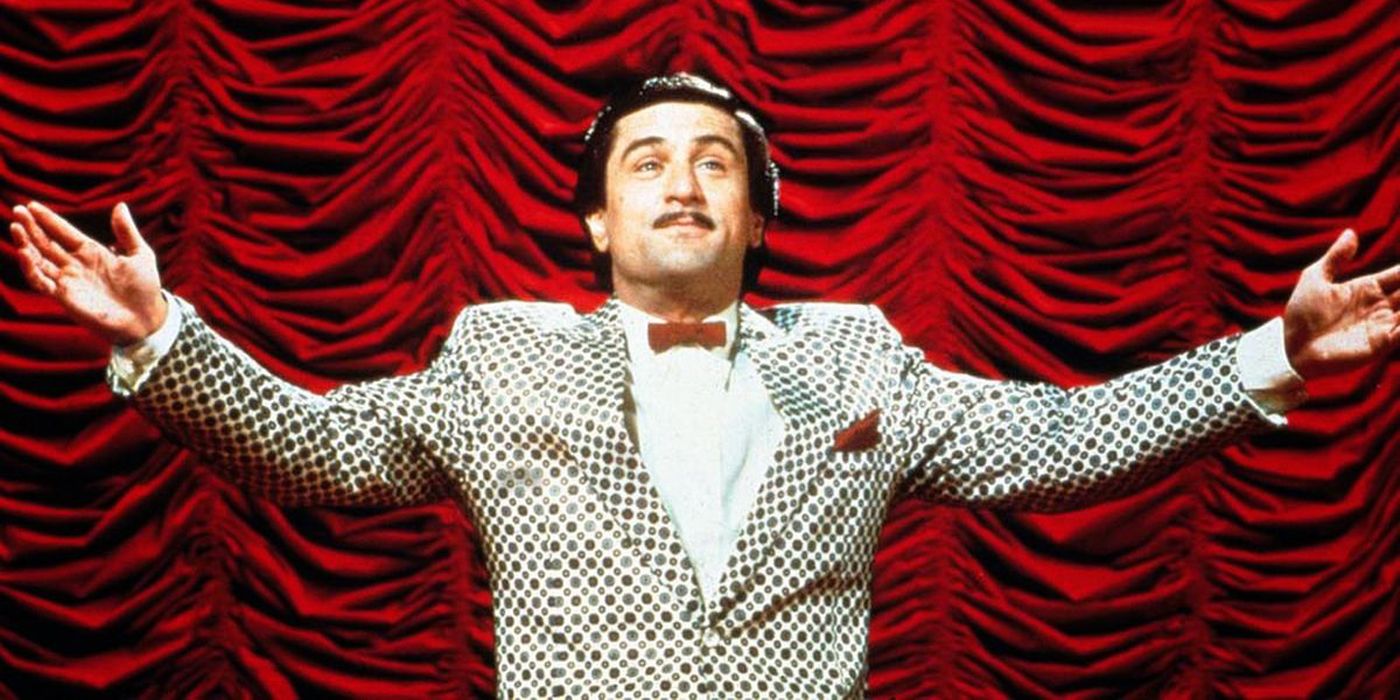
After the success of Raging Bull made De Niro and Scorsese more famous than ever, their next collaboration was an incisive satire of celebrity. De Niro gives a hysterical performance as wannabe comedian Rupert Pupkin, who wants to reap the benefits of showbusiness without putting in any of the work.
The King of Comedy is sort of a comedic inversion of Taxi Driver, with a disturbed loner’s delusions driving them to a life of crime. In The King of Comedy, this storyline is played for dark, deadpan laughs that land on every viewing.
The Aviator (2004)
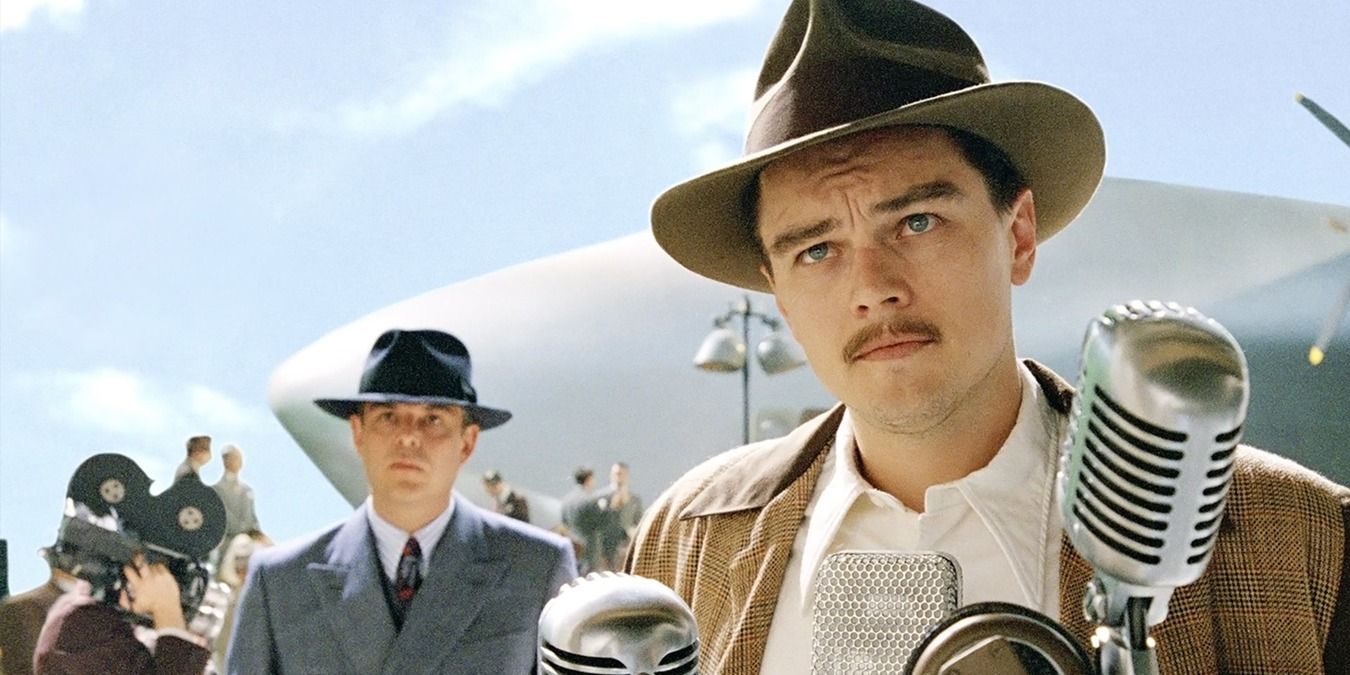
Howard Hughes tried his hand at so many different trades – filmmaking, entrepreneurship, designing airplanes – that there’s plenty going on in Scorsese’s biopic, The Aviator.
Leonardo DiCaprio gives one of his finest (and most watchable) performances as Hughes, opposite an equally brilliant Cate Blanchett as Katharine Hepburn.
Raging Bull (1980)
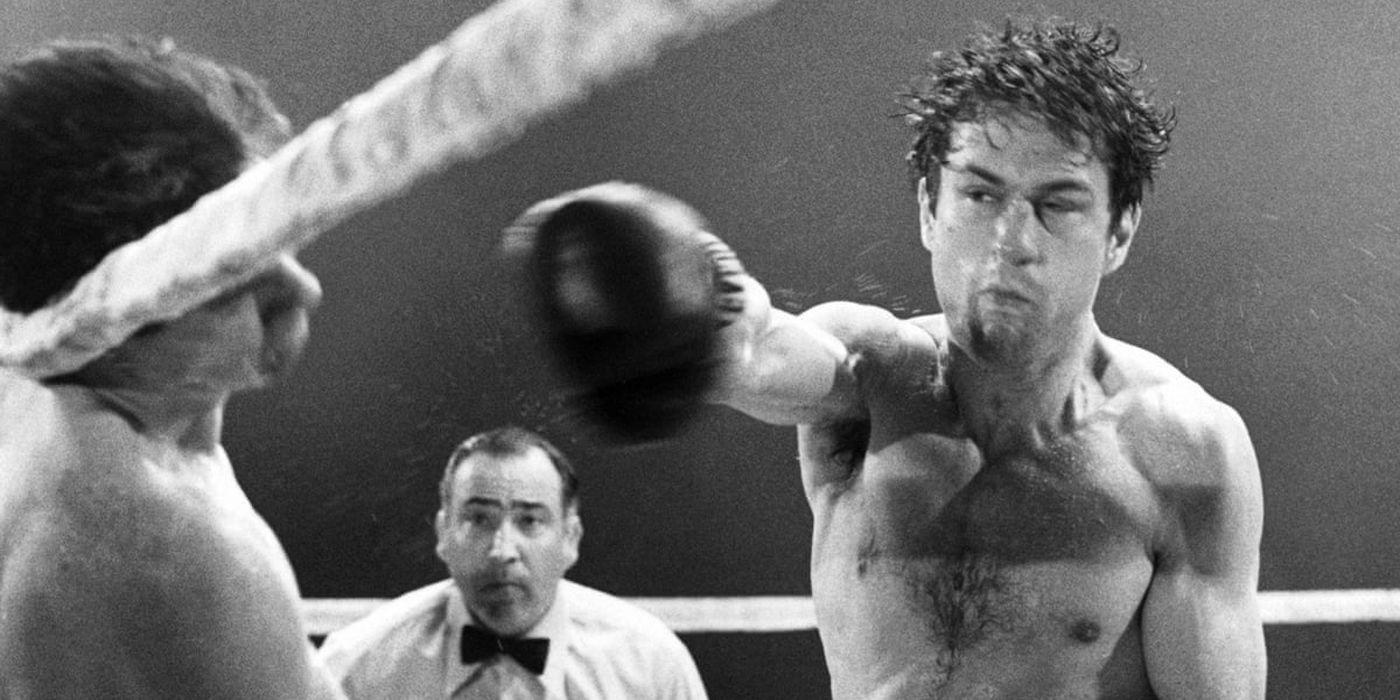
After Scorsese’s first box office bomb, New York, New York, the director salvaged his career with one of his biggest critical and commercial hits: Raging Bull, a brutally honest biopic of abusive boxer Jake LaMotta.
De Niro won a much-deserved Oscar for his warts-and-all portrayal of LaMotta. Raging Bull isn’t an easy viewing experience – particularly the haunting scenes of domestic violence – but it’s so masterfully crafted that it holds up to countless rewatches.
After Hours (1985)
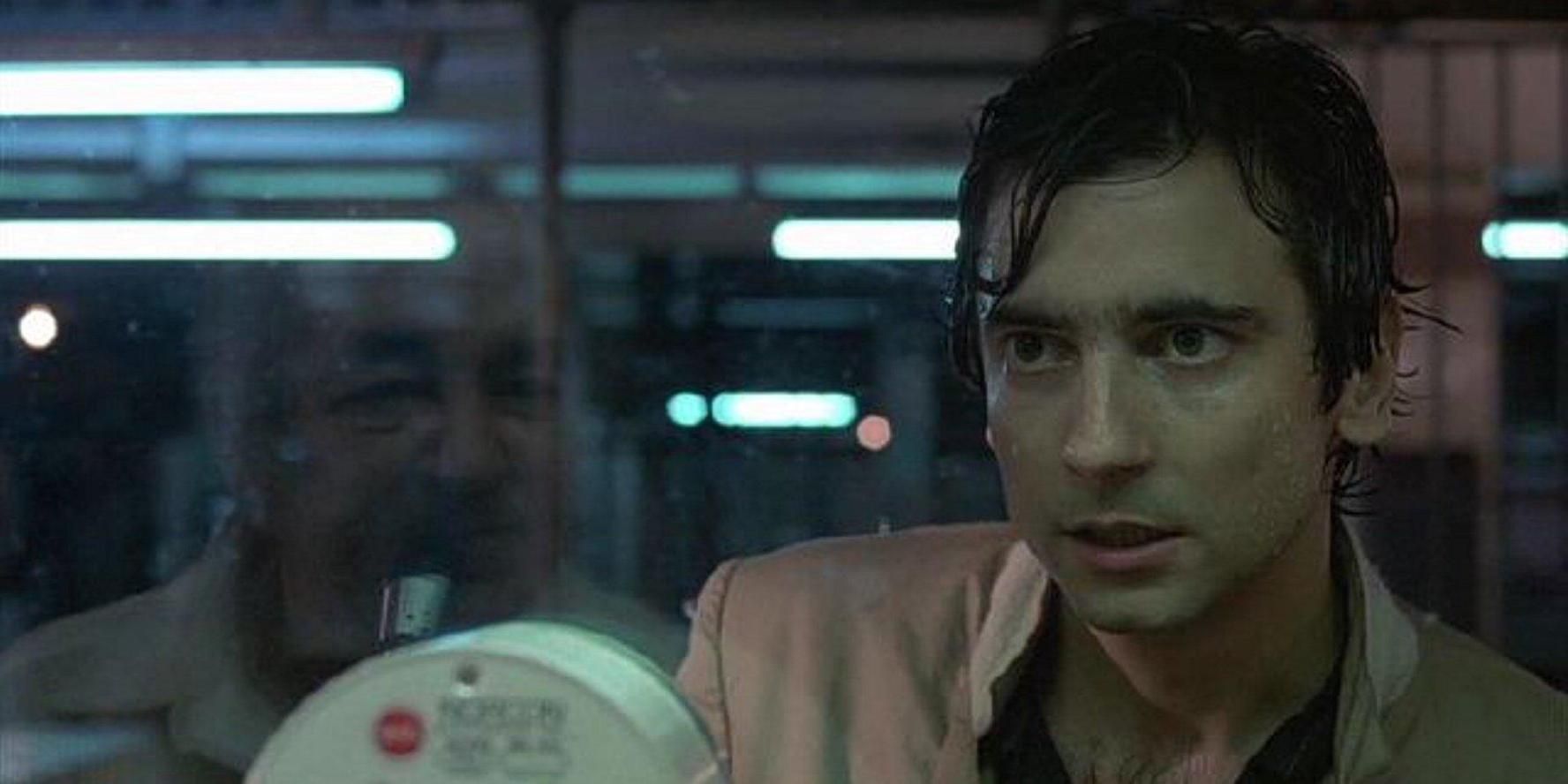
After Hours marked one of Scorsese’s only forays into straightforward comedy. His films are usually tragedies, but they always have a strong sense of humor. After Hours takes audiences to places ranging from silly to philosophical as bored office drone Paul tries to make his way home at the end of a long shift.
Similar to other comedies set across one wild night, like Superbad and Dazed and Confused, After Hours can be enjoyed a bunch of times. Viewers can just strap in and watch Paul try to get home.
Taxi Driver (1976)
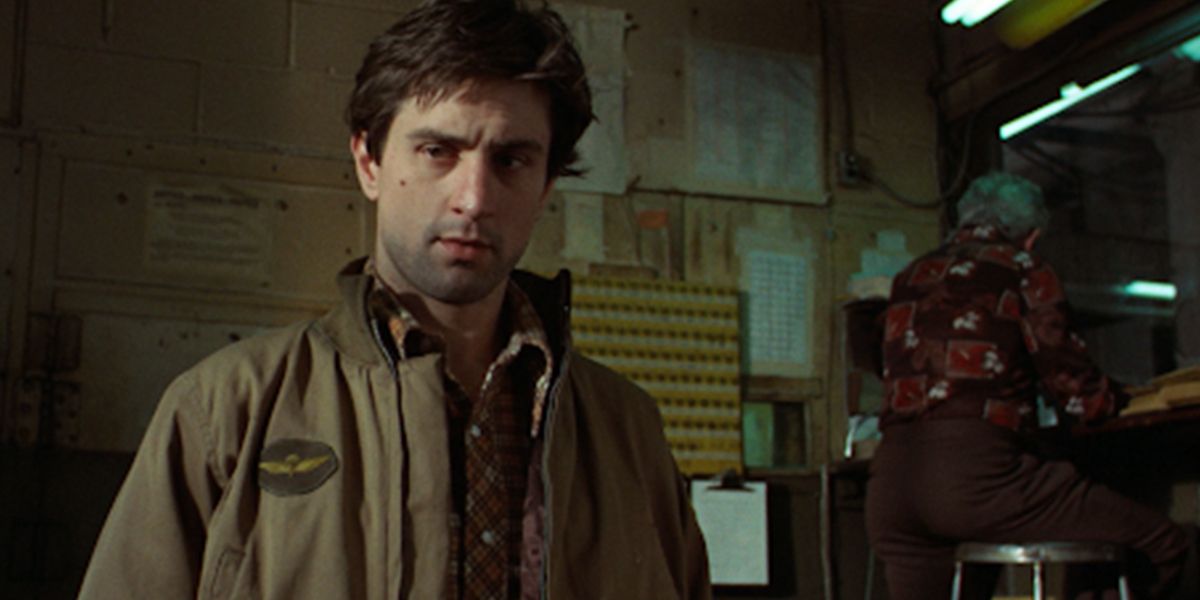
Genre-wise, Taxi Driver is a blend of neo-noir and psychological thriller about a Vietnam War veteran with PTSD who buys a couple of guns so he can clean up the crime-ridden streets of New York.
But Scorsese took that story and turned it into a quintessential portrait of loneliness. Travis Bickle taking the law into his own hands might not be particularly relatable, but his desperate, futile bid for human connection certainly is.
Shutter Island (2010)
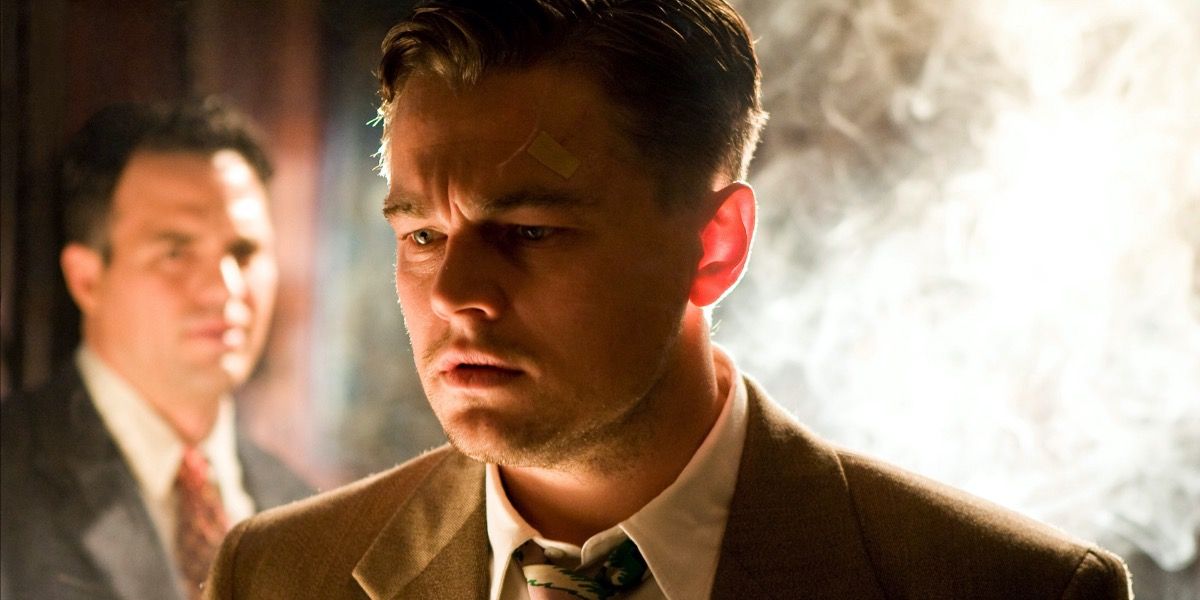
Movies with twist endings only hold up to a single viewing if the twist doesn’t work, but can be enjoyed over and over again if the twist is effective enough. Shutter Island, another one of Scorsese’s straightforward genre thrillers, is a prime example of the latter.
Scorsese filled Shutter Island with all kinds of subtle hints and foreshadowing for viewers to pick up on rewatches of the movie, like the “Rule of Four” message.
Goodfellas (1990)
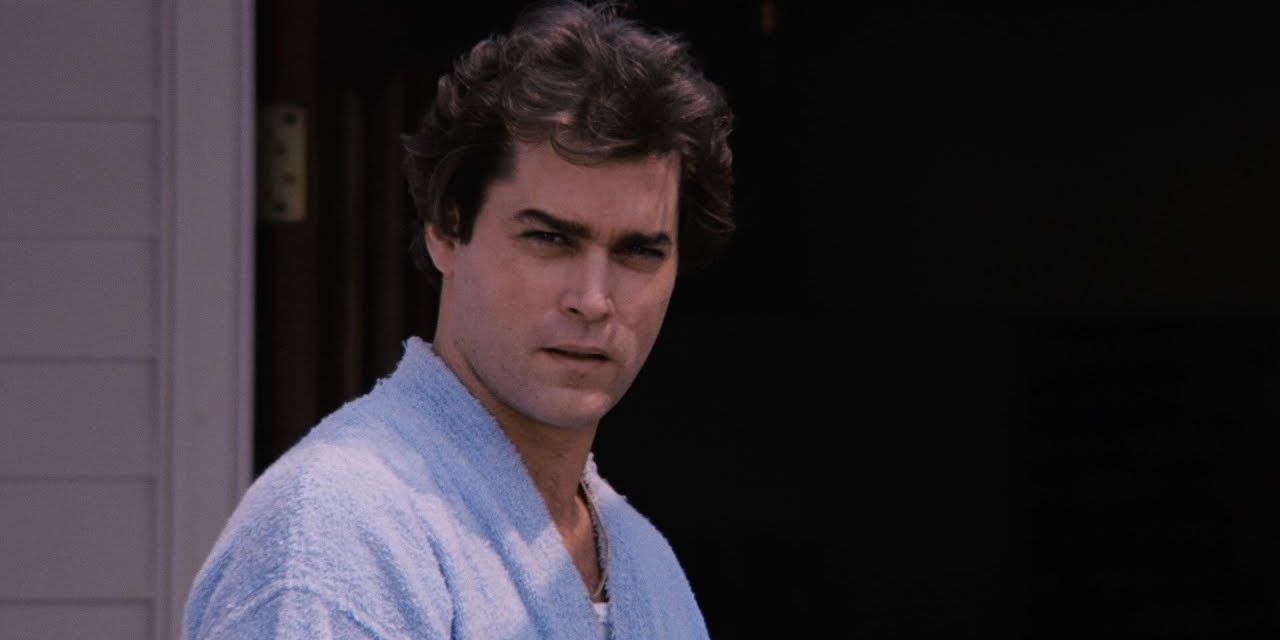
Scorsese has directed many acclaimed films over the years, but Goodfellas is undoubtedly his magnum opus. Goodfellas is one of the most rewatchable movies ever made, because every scene has a few things going on: voiceover narration, a soundtrack needle-drop, a mesmerizing performance, an abundance of background details.
It’s a movie that never gets old no matter how many times viewers watch it. This rapid-paced gangster saga hits like a speeding bullet and only gets faster and more energetic from there.
